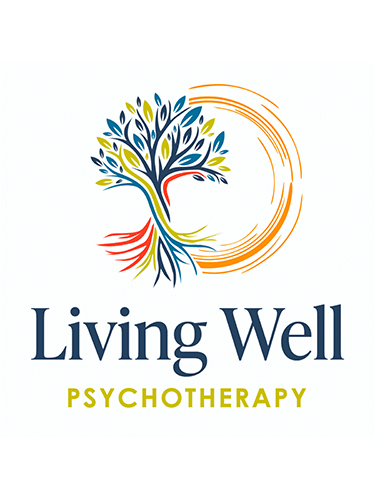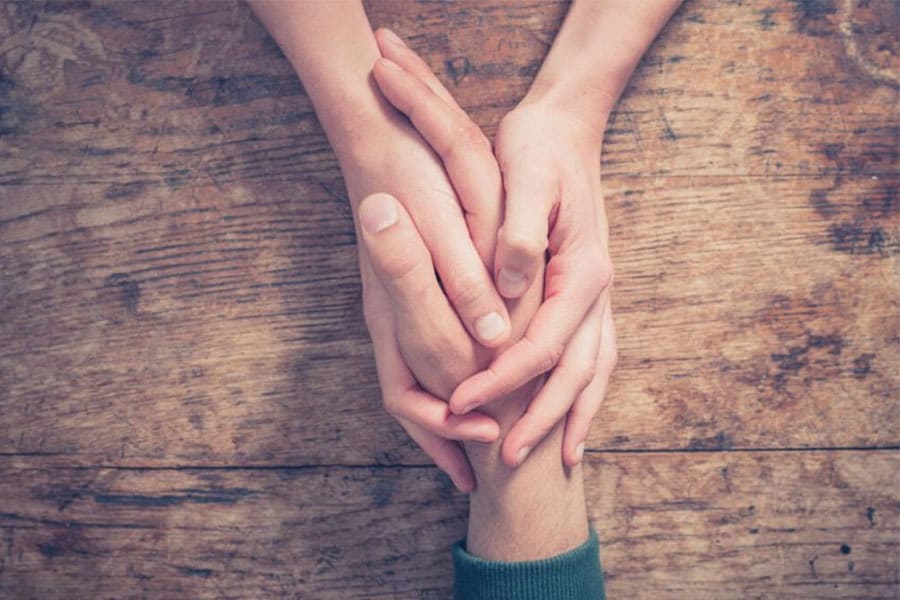
“Nobody adopts antisocial behavior unless they fear that they will fail if they remain on the social side of life.”~Alfred Adler
I was reminded the other day by my photo memories of where and how my life was two years ago in March 2020. I was a new mom finally getting into the flow of being back to work, settling into the routines, habits, and challenges of daycare, feeling like the same me and at the same time an entirely different person. Then while at a sales meeting in Ohio, we got word that things were beginning to shut down. All at once, I had to manage a newly crawling infant at home, continue my daily tasks, and essentially be the impossible superhuman. My husband and I, like many others, did the baby shuffle hustle, moving our calendars this way and that as we passed our little sweetheart back and forth while trying to give her all the love and attention she needed without dropping any major responsibilities.
I am so grateful to have the support that allowed us to thrive in these challenging times and live such a full and satisfying life. It truly takes a village! Many of us have been isolated and cut off from our respective villages throughout the past two years. We have created new ways of doing daily tasks, and it has transformed us in highly creative ways. We have also shared new anxieties, emotions, losses, grief, and extreme challenges. Consequently, with the heavy loads, we have been shouldering, many of us have switched our internal buttons to SURVIVAL mode. It was a necessary way to cope.
However, we may have adopted old and new faulty strategies to cope with that mode. These strategies show up in the ever-expanding waist belts, grub hub receipts, Netflix series binge sessions, alcohol consumption, etc. Our strategies have been there when our communities couldn’t. They served us and were essential to get us to where we needed to be. But, like an outdated wardrobe, they no longer have a fit in the style of life we want to lead.
Alfred Adler (1870-1937), a famous philosopher and psychiatrist, studied how individuals create a lifestyle of strategies for adapting to their environment, from childhood through adulthood. The approach we used to survive the pandemic may not be new behavior patterns. Despite this, they may be misguided toward who we want to be in our lives. There is nothing wrong or bad with wanting comfort, easing anxiety, and wanting a little more lightness in our day-to-day living. Yet, there could be more connected and healthy ways to meet these needs to align us toward our greatest potential. Alder learned in his years of research on human development that we all have the capacity to grow and live in harmony and contribute to society.
Unfortunately, we are out of practice in our social connectedness after a pandemic, where we have been zoomed out and shut down. It takes conscious effort to rebuild these muscles. In the same way, we start a new workout routine, many of us will need to get used to the aches and pains it takes to shift our lives toward something different. We can do it!
Over the next few weeks, I will be taking a deeper look into our strategies and exploring alternative options that might fall in line with our higher-self goals. Stay tuned!
Feel free to reach out for deeper support on your journey at https://livingwellpsychotherapy.com


